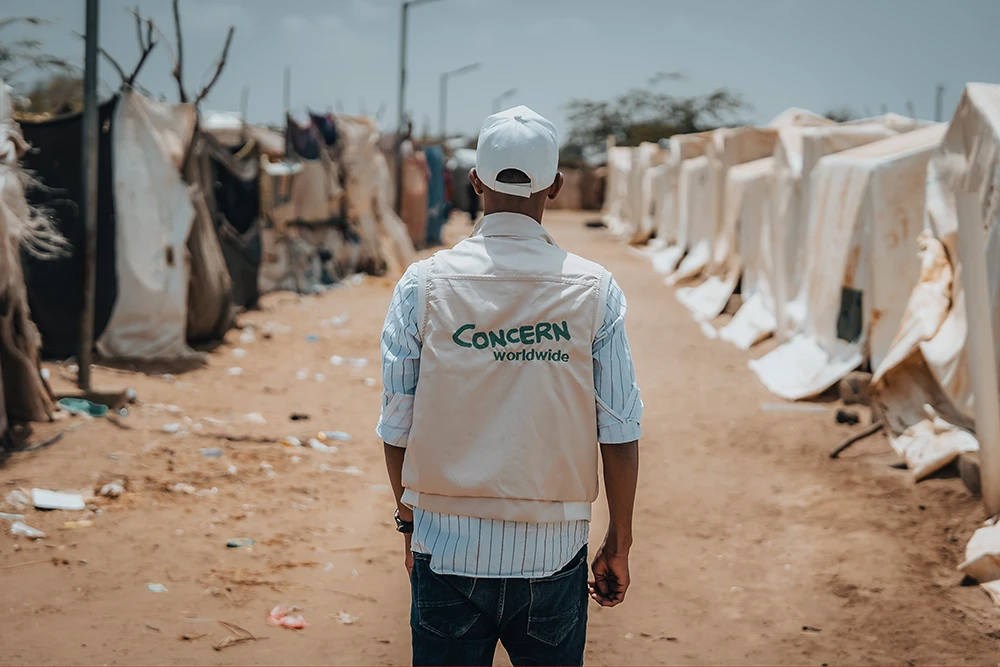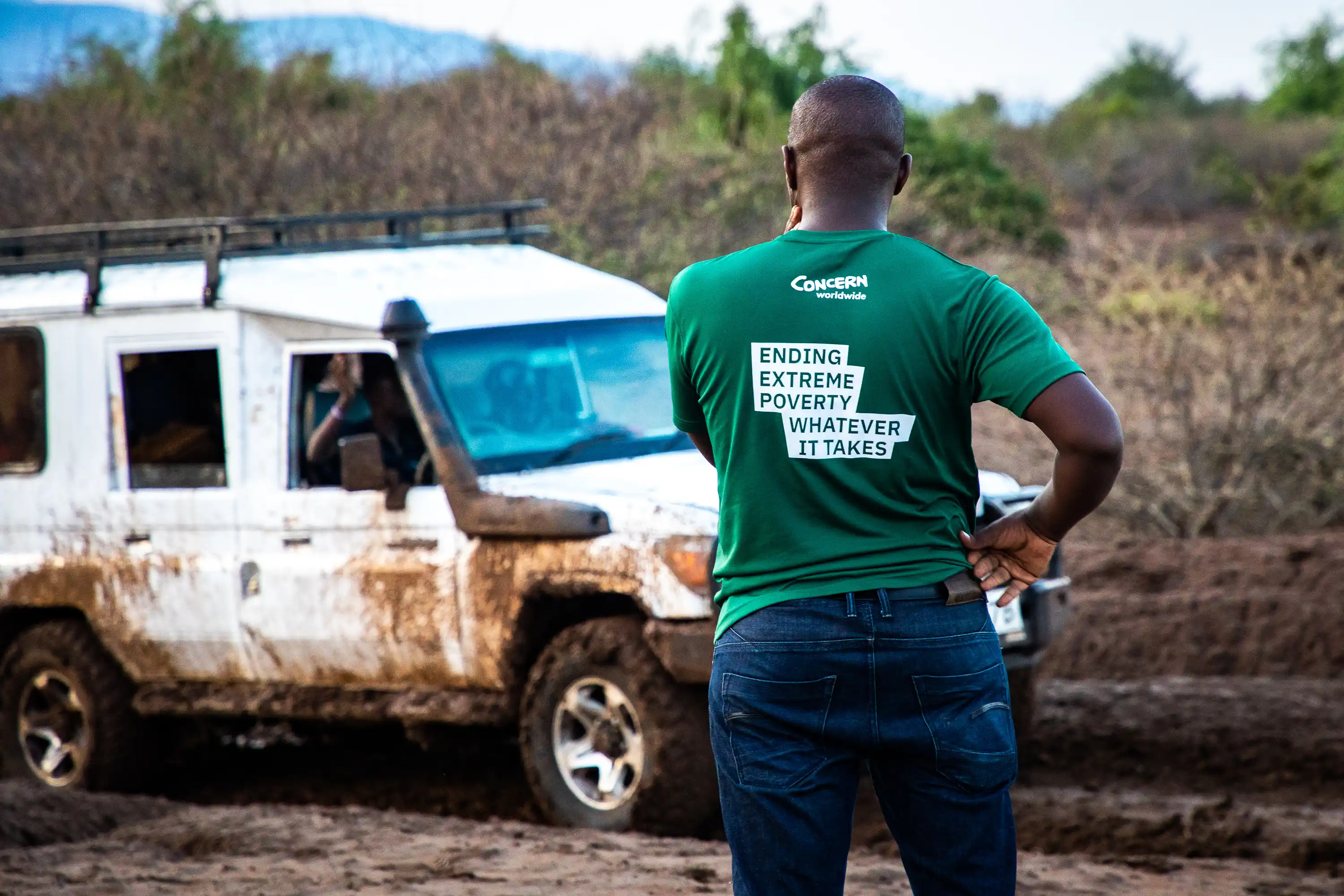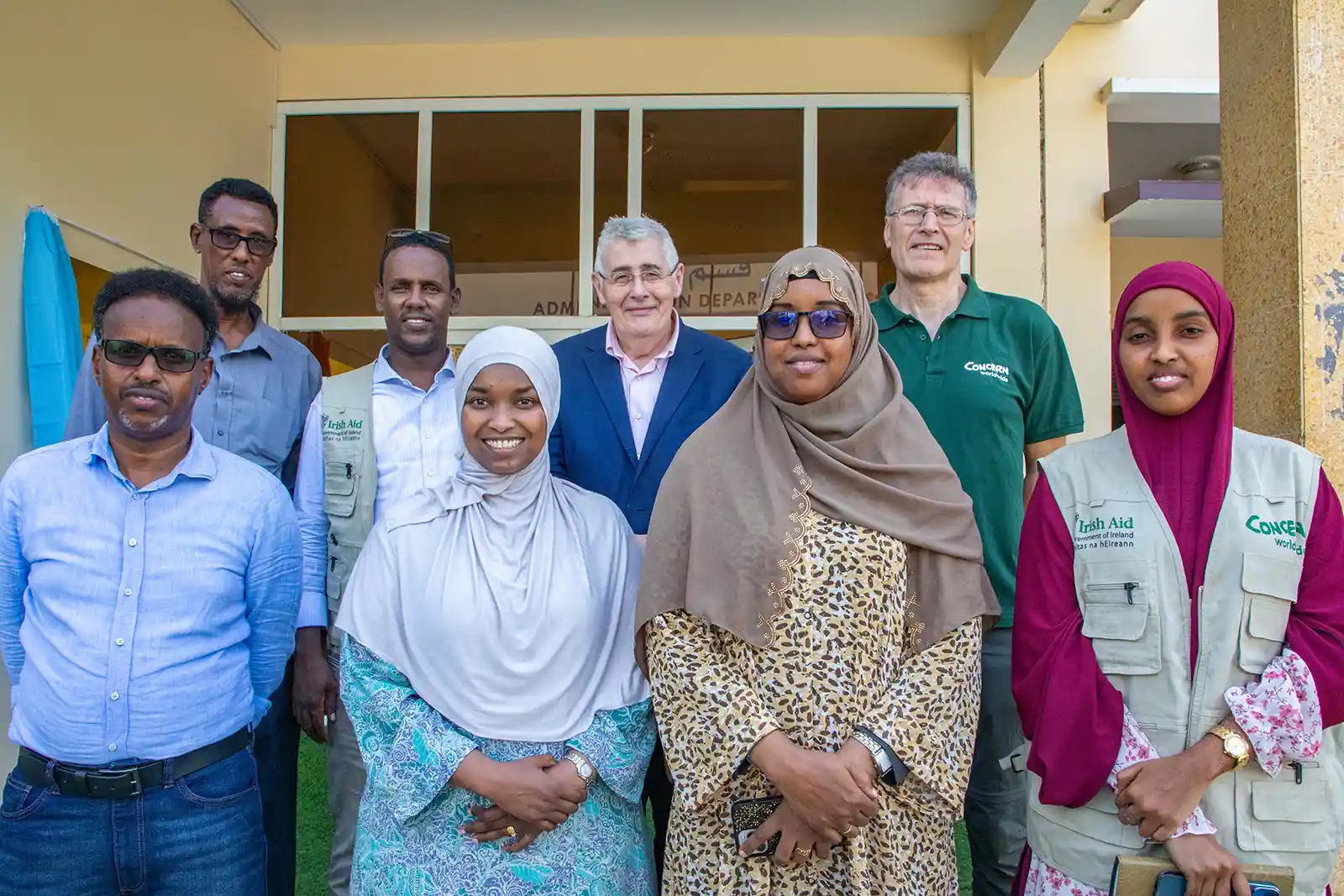Twenty years have passed since the bombing of the UN headquarters in the Canal Hotel in Baghdad on August 19th, which killed 22 people, including Sergio Mello, the UN Special Representative in Iraq. The bomb, which also injured at least 100 people, was so large that its shockwave was felt more than a mile away.
World Humanitarian Day – an annual event on the anniversary of the Baghdad bombing gives special recognition to the courage of humanitarian workers everywhere who continue to protect, feed, shelter, heal and assist millions of people around the world despite very real dangers which have only increased.

The world has changed in the last 20 years and not for the better. Armed conflicts are on the rise. The past three years have been the most violent since the end of the Cold War. Media attention has largely focused on Ukraine and Gaza but Sudan, Haiti, Yemen, Burkina Faso are only some of the many countries where conflict is raging. Diplomatic efforts to end these conflict are failing as leaders pursue their ends militarily, with more and more, it seems, believing they can get away with it.
Despite 75 years of international law to protect civilians and aid workers, a culture of impunity and the erosion of respect for International Humanitarian Law has had devastating consequences for civilians and for humanitarians on the frontlines of crisis and response.
2023 marked the deadliest year on record for humanitarian workers, with a record 280 aid workers killed, a 120% increase from the previous year. 2024 is on track to be even worse.
Beyond the tragic loss of life, attacks on humanitarians have far reaching consequences, often cutting off access and critically needed relief supplies to communities on the brink of survival.

It is innocent civilians who bear the brunt of suffering and appalling harm across the world’s conflict zones. Last year, more than 33,000 civilians were killed in armed conflict, a shocking 72% increase over the previous year, with the number of women and children killed doubling and tripling, respectively. This year, with Gaza and Sudan, the numbers have skyrocketed.
The world is becoming more brutal, with violations of international laws unabated and unchecked, and civilians and aid workers paying the ultimate price.
This failure of humanity, responsibility, and leadership cannot be allowed to continue. Humanitarian actors like Concern, will keep doing what we can, where we can. In addition to providing humanitarian aid, we will continue to advocate alongside others to confront the normalization of attacks on humanitarians, civilian suffering and impunity under International Humanitarian Law. It is time for those carrying the guns to respect the rules of war.
Attacks on humanitarian workers and humanitarian assets must stop.
Attacks on civilians and civilian infrastructure must stop.
It is time for those in power to end impunity and #ActForHumanity.
Dominic MacSorley is a 40-year veteran of Concern and has served in many countries across the world. Having served 10 years as global CEO, he is now the organization's Humanitarian Ambassador, based in New York City.
